10 seriously good new fiction books for Autumn reading
Tis the season the literary big hitters come to play
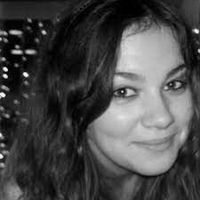
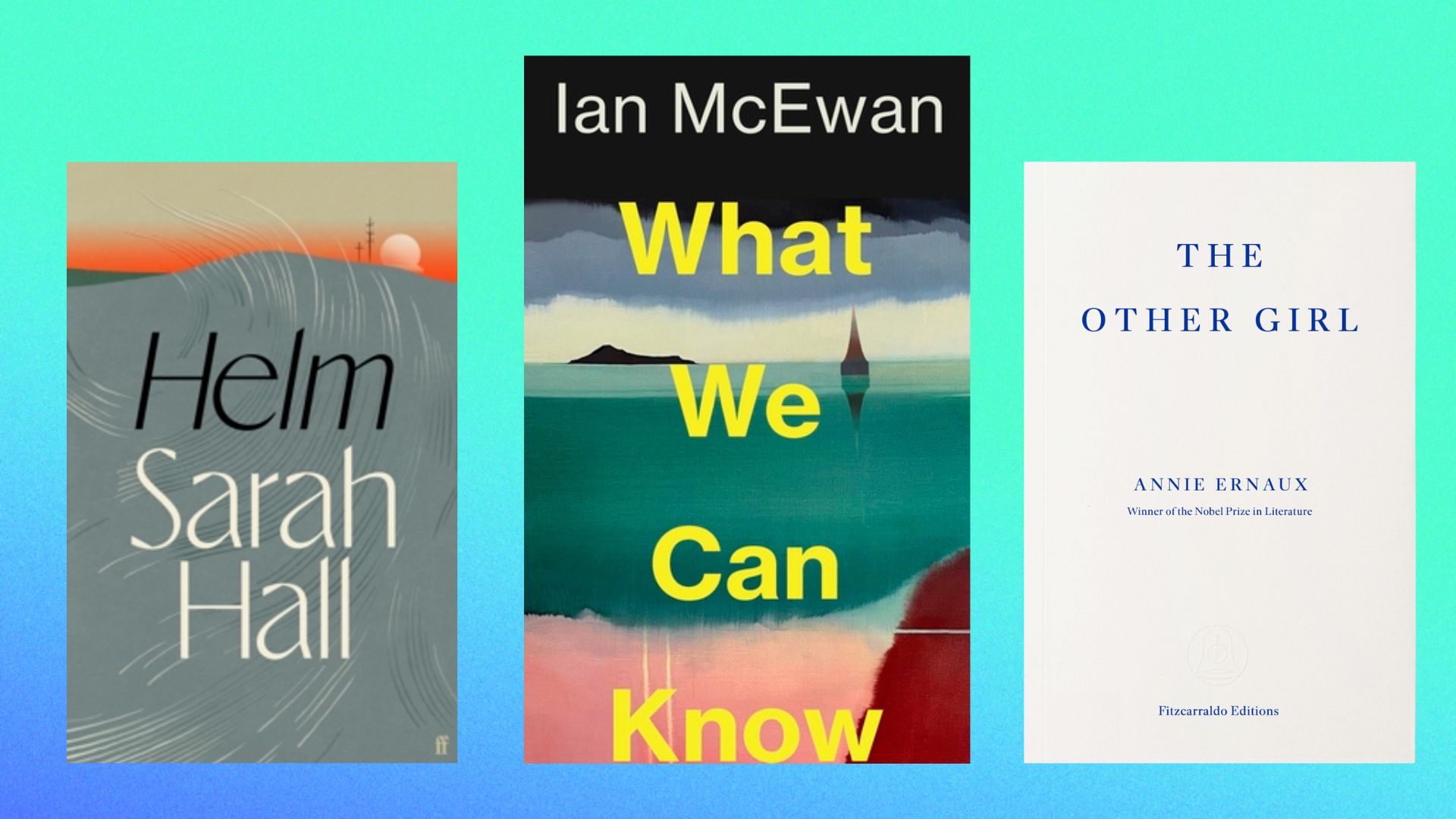
New McEwan. New Tokarczuk. And a new fantasy from R.F Kuang. This autumn is shaping up quite nicely for true bookworms and performative males alike. Here’s our fiction edit of ten reads for your literary tastebuds to lick. One more to watch for: coming up in October is Thomas Pynchon’s first novel in 12 years, the Depression-era Shadow Ticket.
The Two Roberts (Damian Barr)
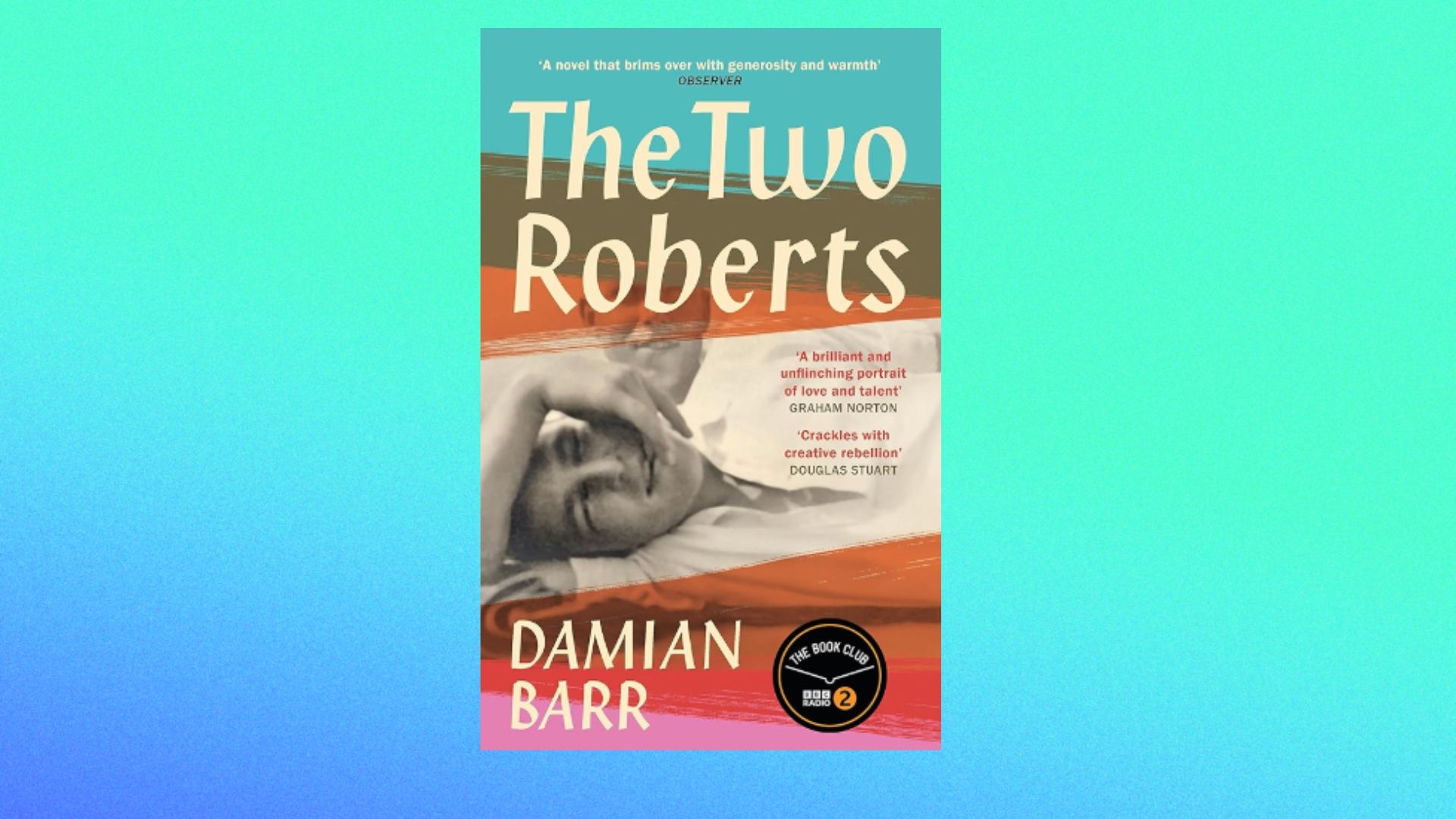
This is such a gorgeous novel, based on the real life stories of the Scottish artists Robert Colquhoun and Robert MacBryde who met and fell in love at the Glasgow School of Art in 1933. As Barr tells it, the two painters didn’t have family money or even a stable roof over their heads for much of their lives but found themselves for a brilliant moment in wartime London, with Francis Bacon, John Minton and Dylan Thomas in and around Muriel’s in Soho and the Fitzroy Tavern.
It’s the details that make this tragicomedy shine: the beautifully drawn leaving-home tales, the later hamming up of the Ayrshire accents, Bobby’s catty and flattering letters, the brilliant scenes at their Sunday Salons. The playful writing really sticks in your brain too: the school bullies who together look like the number 10, the art tutor standing ‘recklessly’ with his back to a statue of Hercules. And just as fascinating is digging into the Roberts’ artworks afterwards.
What We Can Know (Ian McEwan)
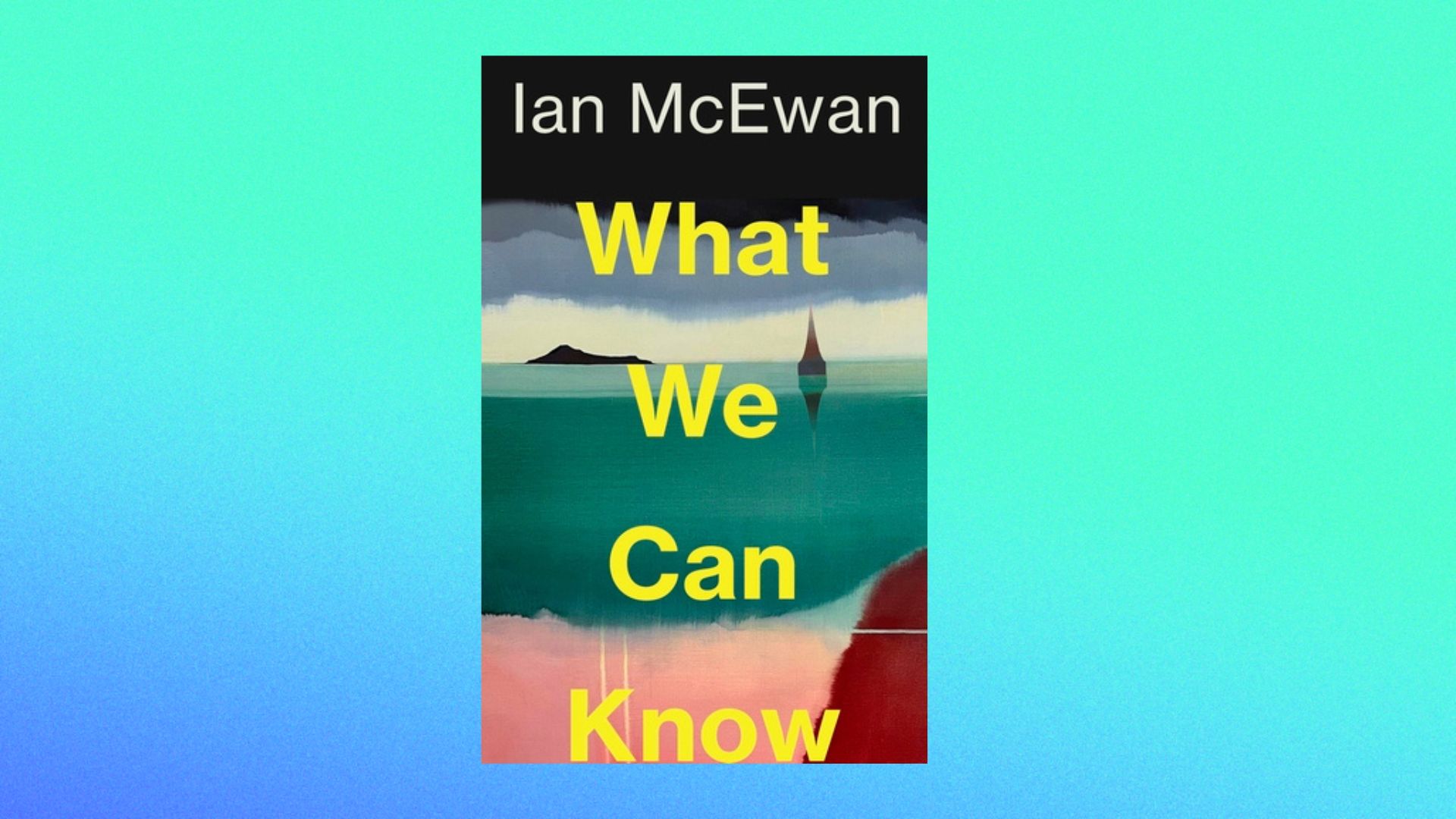
One of autumn’s major releases, the new book from Ian McEwan is speculative and strange and suffused with such melancholy that it might make your cheeks feel funny by the end. It’s the 2120s, the UK is an archipelago of small islands and academic Tom Metcalfe is searching for a poem that the fictional poet Francis Blundy wrote for his wife Vivien in the 2010s.
As the poem is lost, it’s become a totem of climate change activists in the intervening decades, based on the accounts of a small group who heard it read aloud at the ‘Second Immortal Dinner’. The clash: Tom and his partner Rose’s students aren’t very interested in what was lost in our century, they want to talk about the present and the future instead. McEwan is masterly, measured and generous as he explores marriage, art, history and his speciality, how relationships can sour and alter after something irreversible occurs. What We Can Know keeps us guessing about its central mystery until the final pages. A quiet tour de force.
Dwelling (Emily Hunt Kwivel)
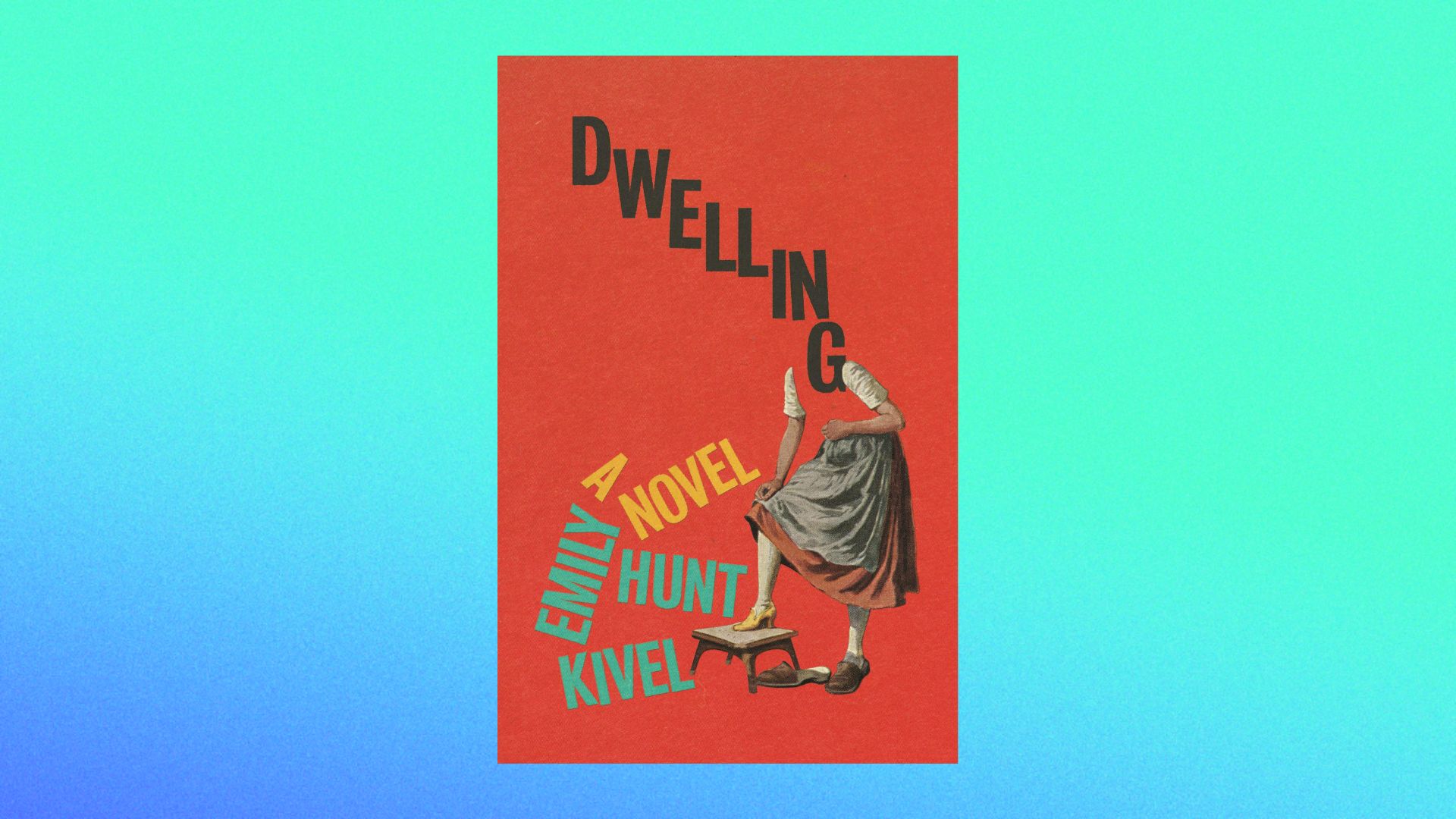
Dwelling is the surreal take on the renting crisis you didn’t know you needed. American writer Emily Hunt Kwivel has brought together a cast of eccentric characters and eccentric animals into her bizarro, near-future world of house ‘add-ons’, mass New York City evictions, shoemakers and giant sleeping fish. Her hero in this warped fairy tale is 30-odd-year-old graphic designer Evie who ends up living in a giant cowboy boot - yes - in the fictional town of Gulluck, Texas. The combination of the genuinely dire circumstances Evie finds herself in with the deadpan humour and spicy nihilistic streak running through the book keeps you transfixed as we get stories of kids never leaving home, people with ‘laptop jobs’ learning trades and mental health care as a business, none of which are played straight. Funny, depressing, all at once.
House of Day, House of Night (Olga Tokarczuk)
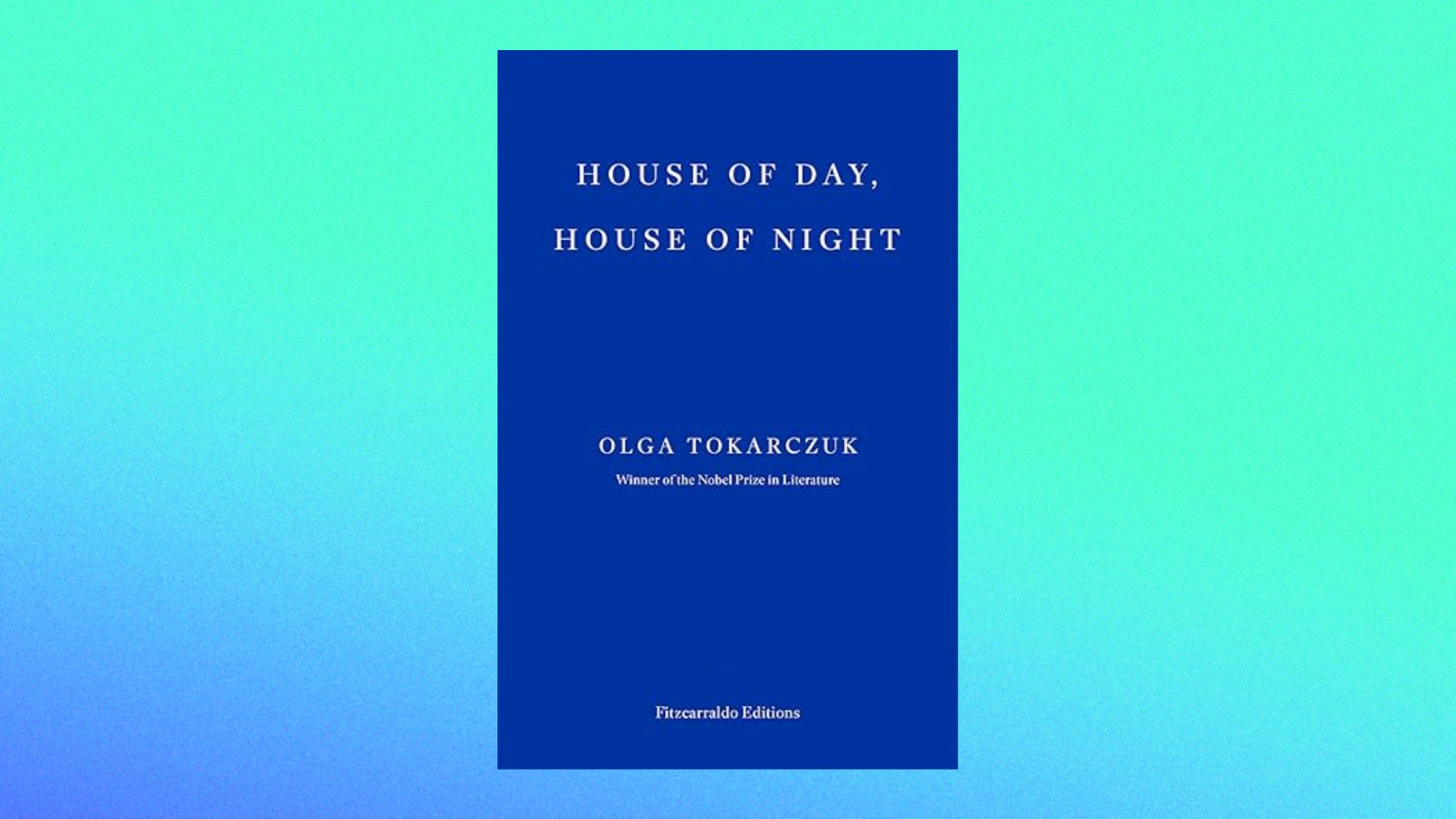
Time spent inside Olga Tokarczuk’s brain is such a trip. She’s the Polish Nobel Prize-winning author who’s not afraid to go on Dua Lipa’s book club and whose short story was the basis of the just-premiered Cold War-era film Winter of The Crow. The way Tokarczuk sees the world, the way she turns things inside out, sometimes literally, is so inventive and so endlessly curious, that books like this one imprint onto how you see just about everything.
Get exclusive shortlists, celebrity interviews and the best deals on the products you care about, straight to your inbox.
Originally published in 1998, and here translated by Antonia Lloyd-Jones, House of Day.. tells the stories of a village in a valley in Lower Silesia, its history, seasons, flora, fauna and especially its inhabitants, both living and dead. It’s a constellation of folk tales, rumours, gossip, jokes and myths, taking in love, war, despair and everything in between. If you like a novel which labours over its characters’ preoccupations, you’ll love this, we are treated to exquisite passages on mushrooms, knives, saints, wigs, roofs and twins to name a few. Something very special.
Katabasis (R.F Kuang)
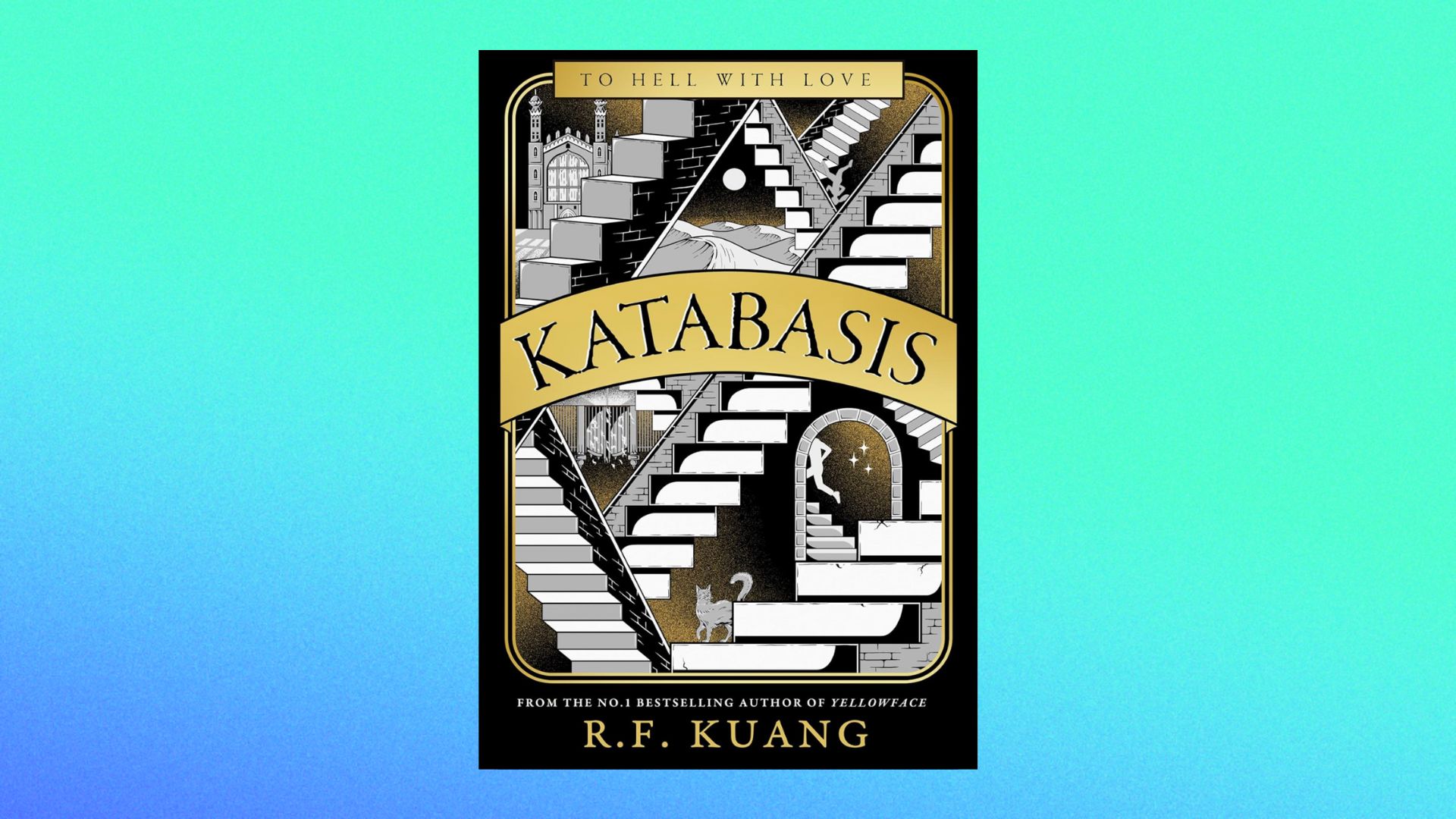
Hell is a university campus in the chunky new bestseller from Babel and Yellowface author R.F Kuang. Cambridge PhD students Alice Law and Peter Murdoch head to the bad place to try to bring back their (nightmare) professor so that they can continue to progress in their Analytic Magick careers. Logical, right? The first half of this Dante-inspired journey is particularly unputdownable with plenty of chalk-drawn pentagrams, perpetual flasks, Liar Paradoxes and black cats. The pair come to encounter talkative Shades, tricksters, deities and a pair of dead showman magicians roaming the circles of Hell for blood to steal so they can return above ground.
This is one of the big fantasy books of the autumn and it’s impressively ambitious, jumping across cultures, myths and religions and between philosophical and literary arguments - it won’t shock you to learn that Kuang herself is doing a PhD at Yale. But if that all sounds like heavy going, it isn’t, Katabasis is also very readable. A fun ride for stormy nights.
Jesus Christ Kinski (Benjamin Myers)
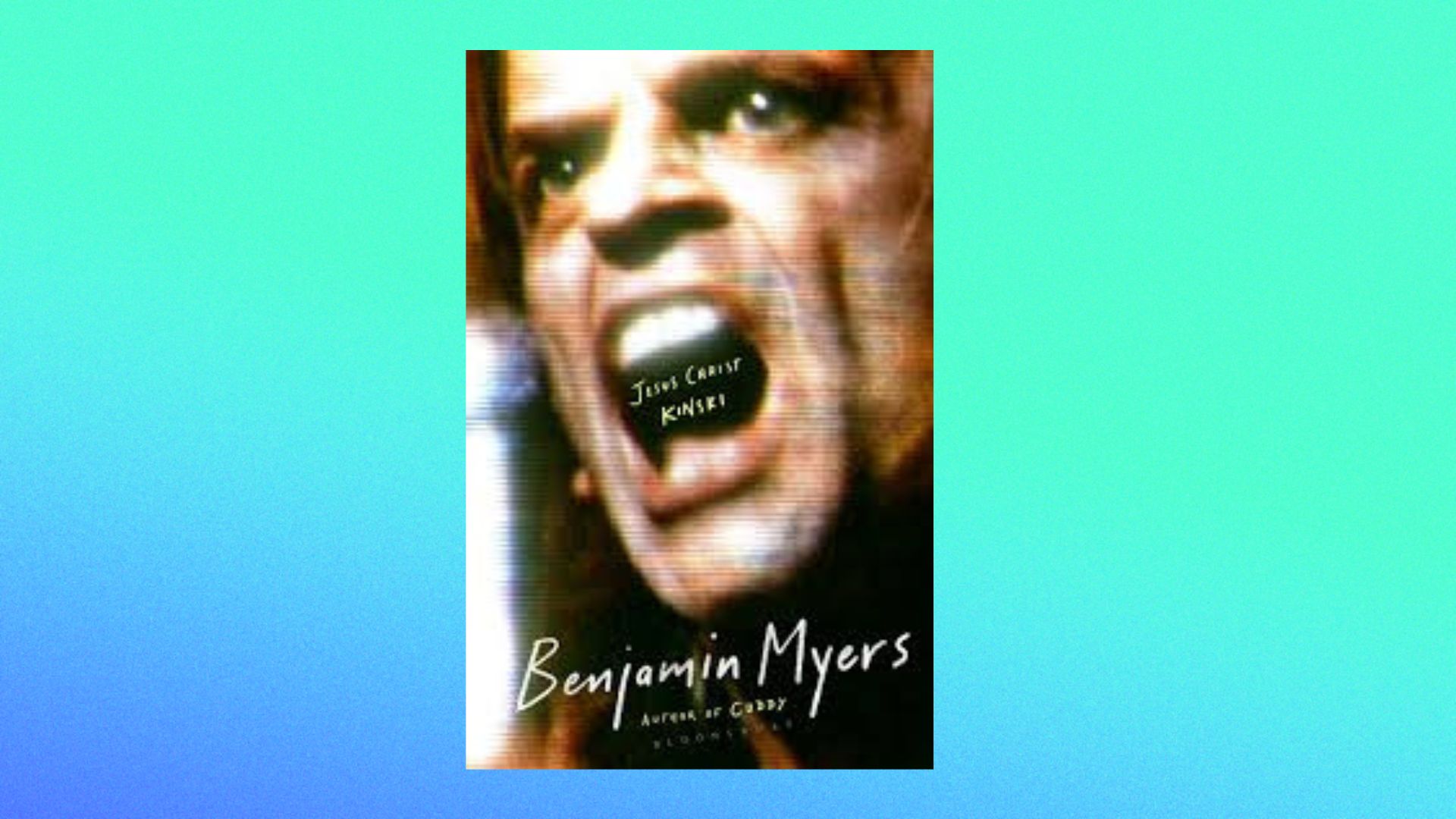
Jesus Christ Kinski is an experimental fictional inner monologue of actor… No, wait. Jesus Christ Kinski is the weirder, wilder cousin to books like Nick Hornby’s Dickens and Prince…OK, look, with Jesus Christ Kinski, you have to just go with it. It’s the latest from Benjamin Myers, author of Cuddy and The Gallows Pole (which Shane Meadows turned into a BBC mini-series) and it’s the result of Myers becoming absolutely obsessed with a YouTube video of German actor Klaus Kinski in his combative, one man performance as Jesus Christ in 1970s Berlin.
You might have seen Kinski in the Werner Herzog films Aguirre and Fitzcarraldo, or else Italian B-movie giallos and spaghetti westerns (he made a lot of movies) and Myers’ approximation of his thoughts is cerebral, funny and thrilling. Like Susan Sontag’s diaries but ten times dirtier and ten times angrier, his Kinski swings between self-mythologising and sneering at peers and their projects. We also get a meta ‘intermission’ of Myers’ writing process in West Yorkshire; it’s the sort of thing you’d usually find on authors’ Substacks but here the mid-life literary crisis acts as a nice counterpoint to the rage of Klaus. One of one.
Pick A Colour (Souvankham Thammavongsa)
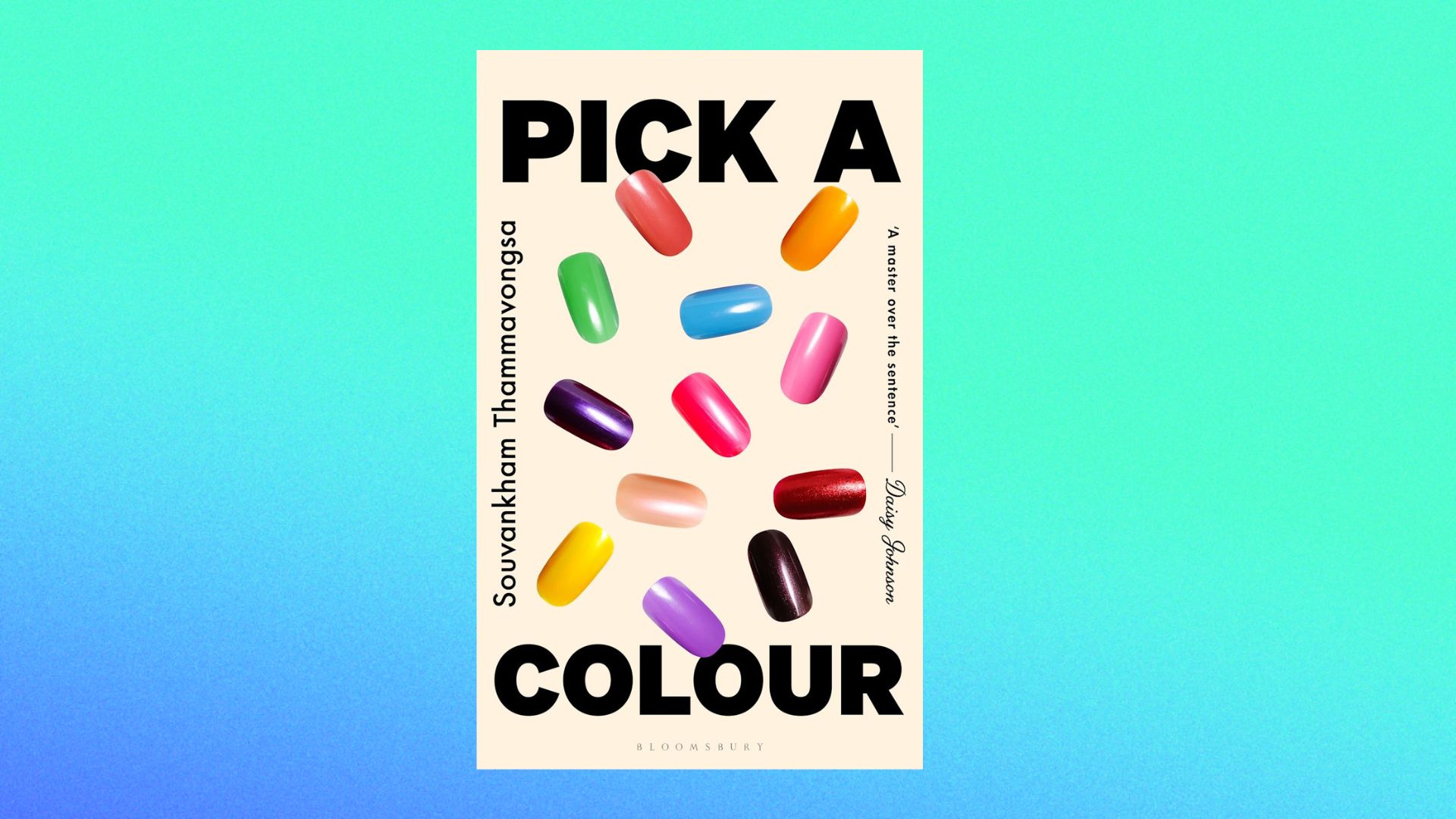
This debut novel from Laotian-Canadian writer Souvankham Thammavongsa, who published a short story collection back in 2020, is a day in the life of Ning, a former boxer turned nail salon owner. Of a piece with Sayaka Murata’s Convenience Store Woman and the Wim Wenders’ film Perfect Days - both brilliant - Pick A Colour illuminates the life of a service worker woman whose customers barely look at her and who bitches about them with her colleagues (her ‘girls’, all fake-named Susan) in her own language as she pampers them with mani-pedi’s. Thammavongsa has been very strict with herself in terms of the prose here, with a staccato rhythm, no-nonsense narrative voice and a tone that circles between ennui and contentedness, and it really pays off. Topical themes such as ratings culture and the threat of violence are dealt with through dry wit and short, sharp shocks and the close is all the more affecting for the restraint.
Muckle Flugga (Michael Pedersen)
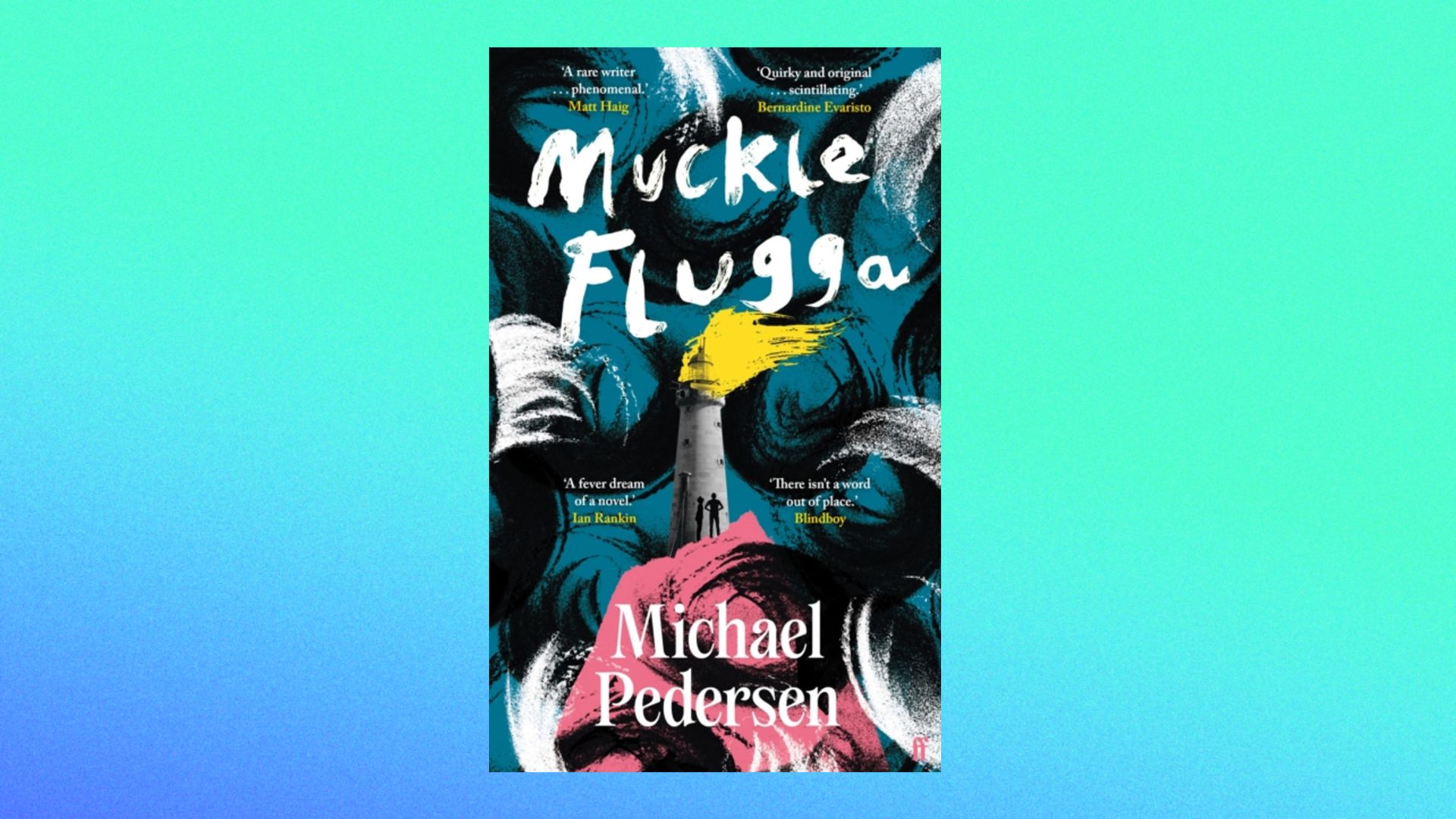
Not technically Autumn fiction but we missed this debut novel from Scottish Makar (national poet) Michael Pedersen over the summer and it’s excellent. This is the tale of a father and son who live on the - very real - remote island north of the Shetlands, keeping the lighthouse, and a jaded, suicidal writer Firth who turns up to paint some gannets, disrupting the tense and rugged semi-harmony in the process. And who can resist a lighthouse saga?
Pedersen’s lyrical, maximalist style is best digested slowly, so as not to miss any of his magic, and he does a great line in characters who act both extremely oddly and fully themselves when alone on this island. There’s a lot of being rather than doing captured here, whether it’s 19 year-old Ouse talking to the ghost of Robert Louis Stevenson or terrifying dreams about the wreckers who preyed on unfortunate ships. The kind of awe-inspiring book that makes you want to make the long, hard trek up there yourself. And say the title over and over again.
Helm (Sarah Hall)
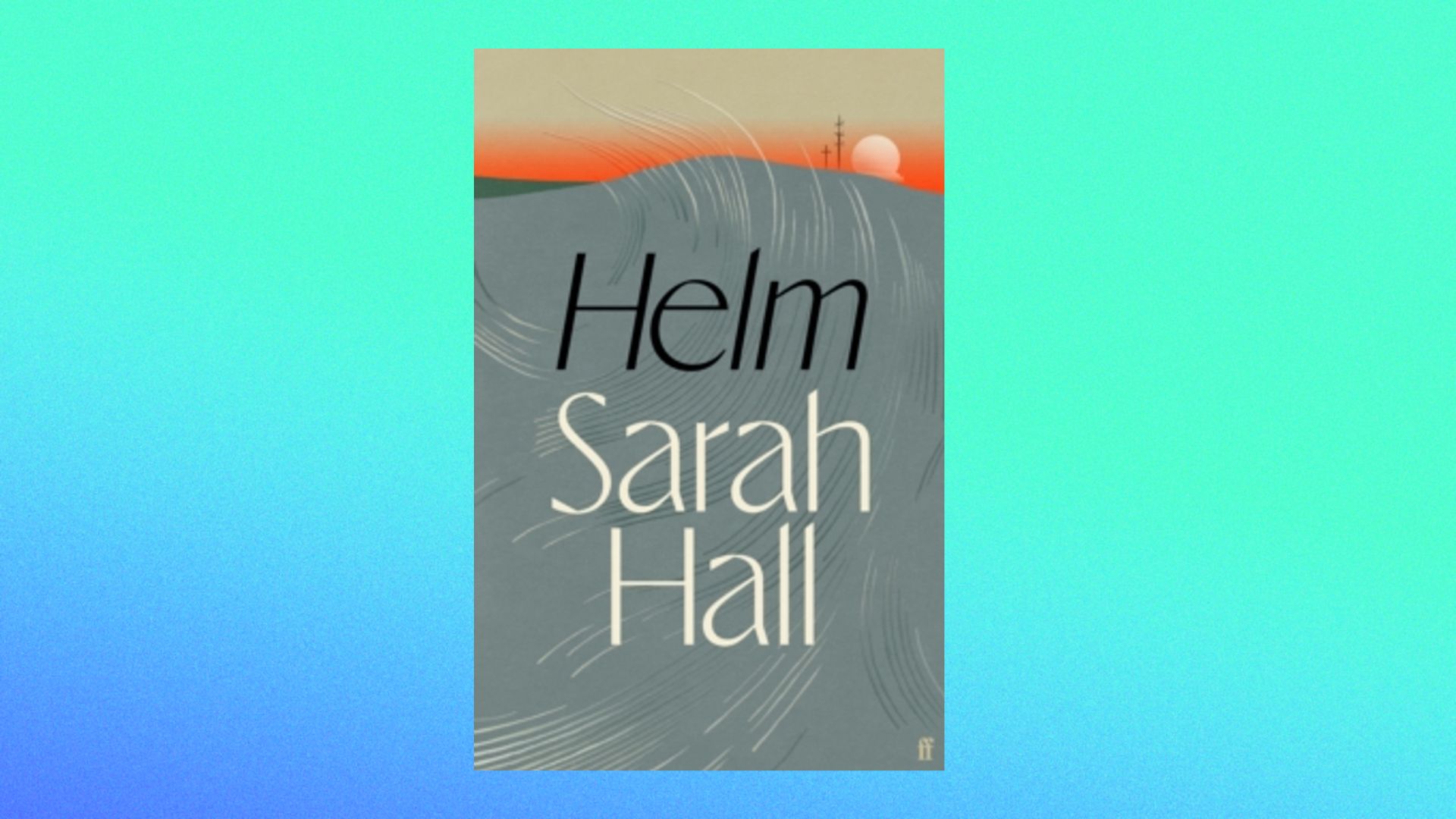
The second almost-undescribable book on our list, Sarah Hall’s Helm is the multi-stranded story of the only named wind in the UK, the Helm wind that blows down Cross Fell in Cumbria. This is no easy, breezy read as the twice Booker Prize-nominated author cycles through time and perspectives including the wind itself or as Hall puts it, ‘Helmself’. It’s worth the effort, though.
Helm is as much about our relationships with each other, as with the nature and weather of the Eden valley with human protagonists ranging from a disfigured Christian demon slayer and a Victorian proto-metereologist to a modern day field station scientist. Some result in a kind of grace or success, others in mystery and Hall seems to be impressing on us that a phenomenon like the Helm wind is ultimately unknowable, best simply felt and respected rather than measured, tamed or studied.
The Other Girl (Annie Ernaux)
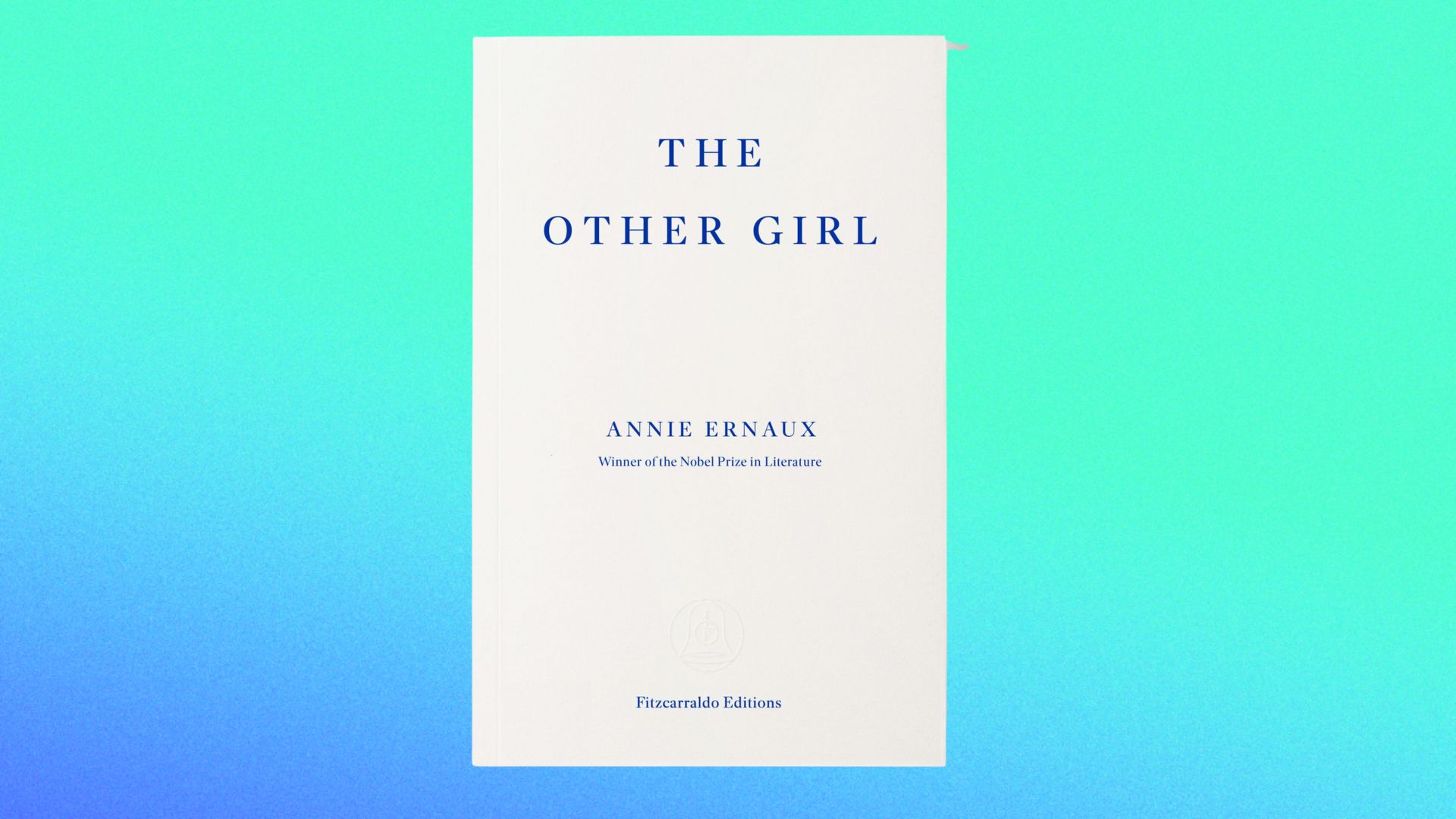
Another Nobel Prize-winning author from Fitzcarraldo Editions, the French writer Annie Ernaux is especially well-known for The Years, a version of which ran on the West End earlier this year. This short work could be categorised as fiction or non-fiction, in fact as with much of her work it’s a blend of both. It takes the form of a letter Ernaux wrote to her sister, who died aged six from diphtheria before Annie was born, in which the writer imagines her sister’s life, her relationship to their parents and various ‘what if’ scenarios that could have transpired. Translated here by Alison L.Strayer, Ernaux’s excavation of her own feelings in The Other Girl is very much part of her wider literary project. She poses herself emotionally knotty questions such as why the loss was never talked about, she speaks to relatives about their memories of her sister and revisists old photographs of the family. You could read this in an hour or so but it will stay with you a long time.
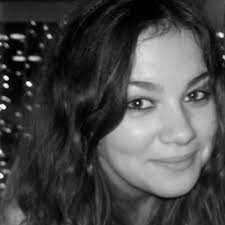
Sophie Charara is a freelance tech and culture journalist. Sophie is a former associate editor of WIRED, and former associate editor at Wareable and The Ambient.
You must confirm your public display name before commenting
Please logout and then login again, you will then be prompted to enter your display name.